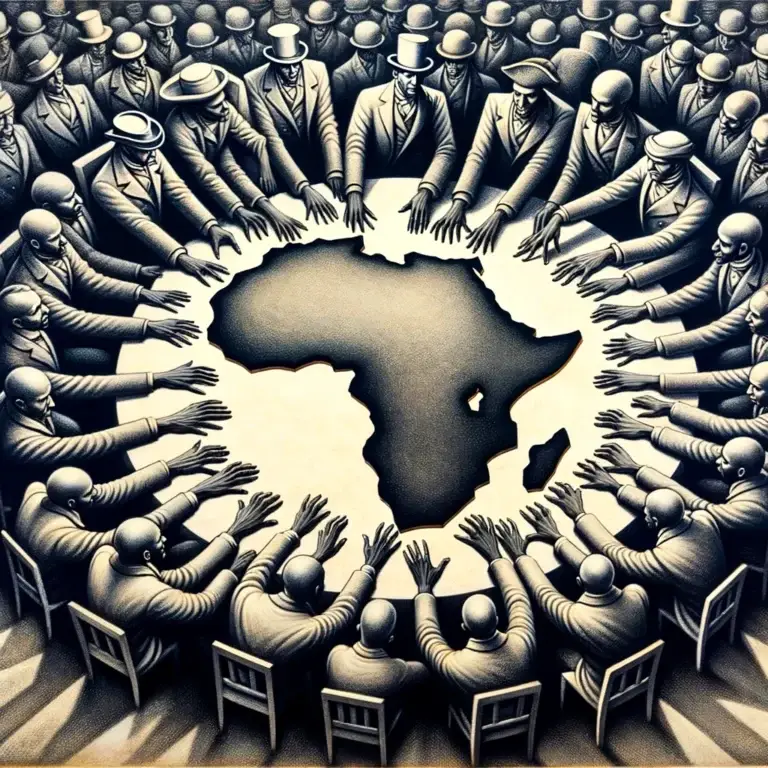Imperialism

Table of Contents
What is Imperialism?
Imperialism refers to a policy or practice of extending a nation’s power and influence by acquiring colonies, territories, or spheres of influence, often by force or coercion.
It typically involves dominating and exploiting weaker nations or peoples for economic, political, or strategic gain. Imperialist powers exert control over colonial territories through direct rule, indirect rule, or economic dominance, exploiting their resources, labor, and markets for the benefit of the imperial power.
Historical examples of imperialism include European colonization of Africa, Asia, and the Americas during the 19th and early 20th centuries and the expansionist policies of ancient empires like Rome and China.
Imperialism in History
Imperialism is a policy of extending a country’s power and influence through colonization, military conquest, or economic domination over other territories and peoples.
The era of modern imperialism began in the late 19th century, characterized by the scramble for overseas territories by European powers, the United States, and Japan.
European imperialism was driven by factors such as economic interests, the quest for resources and markets, geopolitical competition, and notions of cultural superiority.
Colonized territories were often subjected to exploitation, including the extraction of raw materials, forced labor, and the imposition of colonial administrations and legal systems.
Imperial powers justified their conquests through ideologies such as the “civilizing mission,” claiming to bring progress, Christianity, and civilization to “uncivilized” or “backward” peoples.
The “Scramble for Africa” in the late 19th century saw European powers partitioning the continent and establishing colonies through treaties, conquests, and diplomatic agreements.
The British Empire was the largest imperial power in history, with colonies spanning continents and territories around the world, including India, Africa, Southeast Asia, and the Caribbean.
Imperialism also led to significant resistance and anti-colonial movements in colonized territories, including armed uprisings, protests, and nationalist movements seeking independence and self-determination.
The impact of imperialism was far-reaching, shaping the economies, societies, cultures, and politics of both colonizer and colonized, and contributing to enduring inequalities and conflicts in the post-colonial era.
While formal colonialism has declined since the mid-20th century due to decolonization movements and the rise of global institutions promoting self-determination and sovereignty, the legacies of imperialism continue to influence contemporary geopolitics, economics, and international relations.
Related Links
Ancient Rome
Berlin Conference
Colonialism
Spanish-American War